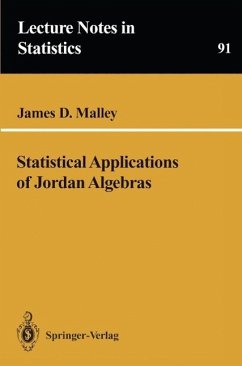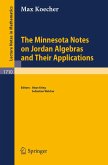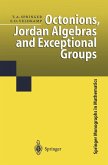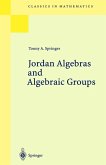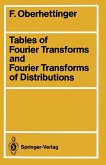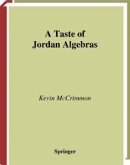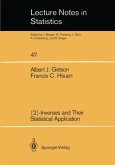This monograph brings together my work in mathematical statistics as I have viewed it through the lens of Jordan algebras. Three technical domains are to be seen: applications to random quadratic forms (sums of squares), the investigation of algebraic simplifications of maxi mum likelihood estimation of patterned covariance matrices, and a more wide open mathematical exploration of the algebraic arena from which I have drawn the results used in the statistical problems just mentioned. Chapters 1, 2, and 4 present the statistical outcomes I have developed using the algebraic results that appear, for the most part, in Chapter 3. As a less daunting, yet quite efficient, point of entry into this material, one avoiding most of the abstract algebraic issues, the reader may use the first half of Chapter 4. Here I present a streamlined, but still fully rigorous, definition of a Jordan algebra (as it is used in that chapter) and its essential properties. These facts are then immediately applied to simplifying the M:-step of the EM algorithm for multivariate normal covariance matrix estimation, in the presence of linear constraints, and data missing completely at random. The results presented essentially resolve a practical statistical quest begun by Rubin and Szatrowski [1982], and continued, sometimes implicitly, by many others. After this, one could then return to Chapters 1 and 2 to see how I have attempted to generalize the work of Cochran, Rao, Mitra, and others, on important and useful properties of sums of squares.
Dieser Download kann aus rechtlichen Gründen nur mit Rechnungsadresse in A, B, BG, CY, CZ, D, DK, EW, E, FIN, F, GR, HR, H, IRL, I, LT, L, LR, M, NL, PL, P, R, S, SLO, SK ausgeliefert werden.

